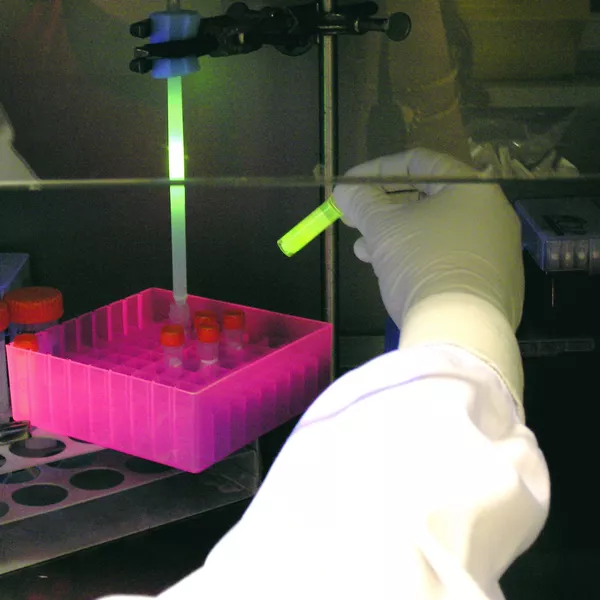A study by the Heart Research Institute (HRI) and The University of Sydney’s Charles Perkins Centre explains why some people fail to shed pounds and lower cholesterol even when eating well and exercising hard.
The study found significant person-to-person variation in response to exercise, even among a group of healthy young army recruits.
“We found levels of a molecule called dimethylguanidino valeric acid (DMGV) appear to indicate how much a person benefits physically from doing exercise,” explains lead HRI researcher Dr Yen Chin Koay. “People with higher DMGV might be working out hard and eating well but they don’t reap the same rewards from their hard work as those with naturally lower levels of the metabolite.”
The work was published in the international journal Cardiovascular Research.
In this study, 52 male soldiers were enlisted for a tough 80-day training program. The group of new recruits maintained the same diet, sleep, exercise and living conditions throughout the trial to ensure no other factors influenced exercise response. The researchers wanted to understand the mechanism underlying metabolic adaptation to exercise training. In particular they focused on improvements in body fat, insulin resistance and cardiovascular risk factors such as cholesterol and blood pressure. To do this, they measured hundreds of small metabolic signature molecules called metabolites before and after exercise and tracked the changes in fitness and cardiovascular risk factors.



